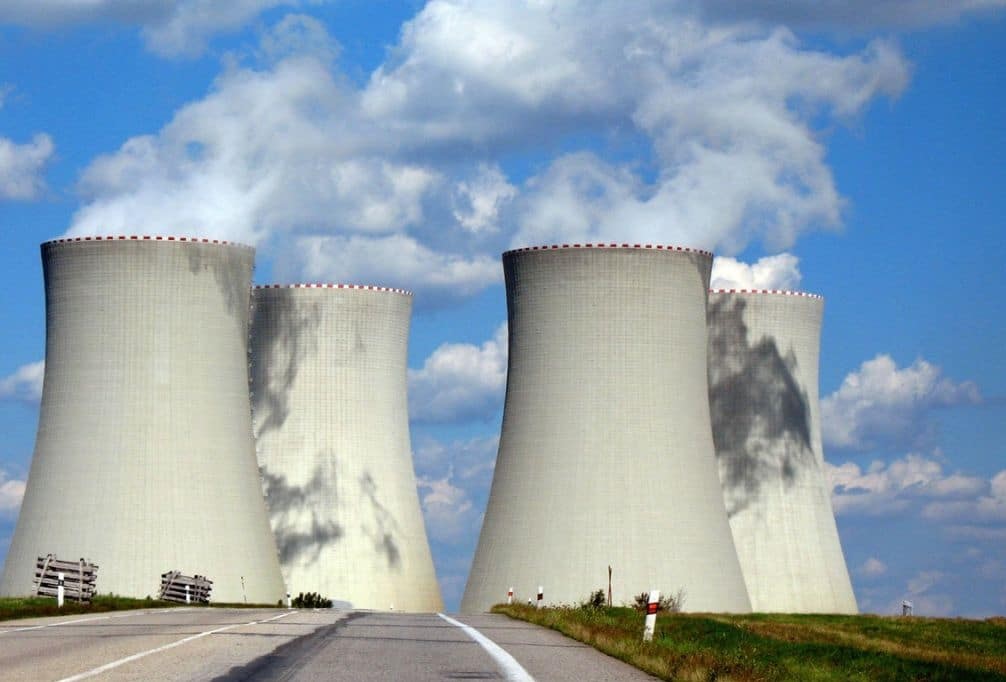
U.S. pushes for nuclear energy to strengthen energy independence
The United States is actively pursuing nuclear energy development to meet growing energy demands and establish energy independence. With rising energy bills for homeowners and businesses, and increasing demand from sectors like artificial intelligence, the U.S. is focusing on reliable, affordable, and clean energy sources, including nuclear power.
Currently, 22 nations have committed to tripling their nuclear energy capacity by 2050. The U.S. would need to add over 80 gigawatts of new nuclear power to meet this target. Countries like France, which generates 70% of its electricity from nuclear power, have demonstrated the benefits of nuclear energy in ensuring energy abundance and economic stability.
In recent years, the U.S. has made significant legislative strides to support nuclear energy. The Nuclear Fuel Security Act, signed into law last year, aims to boost domestic uranium mining and reduce reliance on foreign imports, addressing the fact that 90% of uranium fuel is currently imported.
The Accelerating Deployment of Versatile, Advanced Nuclear for Clean Energy Act of 2024 seeks to modernize the Nuclear Regulatory Commission, making it easier for small start-ups to innovate in nuclear technologies by reducing regulatory challenges.
While progress has been made, U.S. leaders emphasize that continued investment in nuclear energy is critical for securing energy dominance and ensuring the country’s position as a global energy leader.







